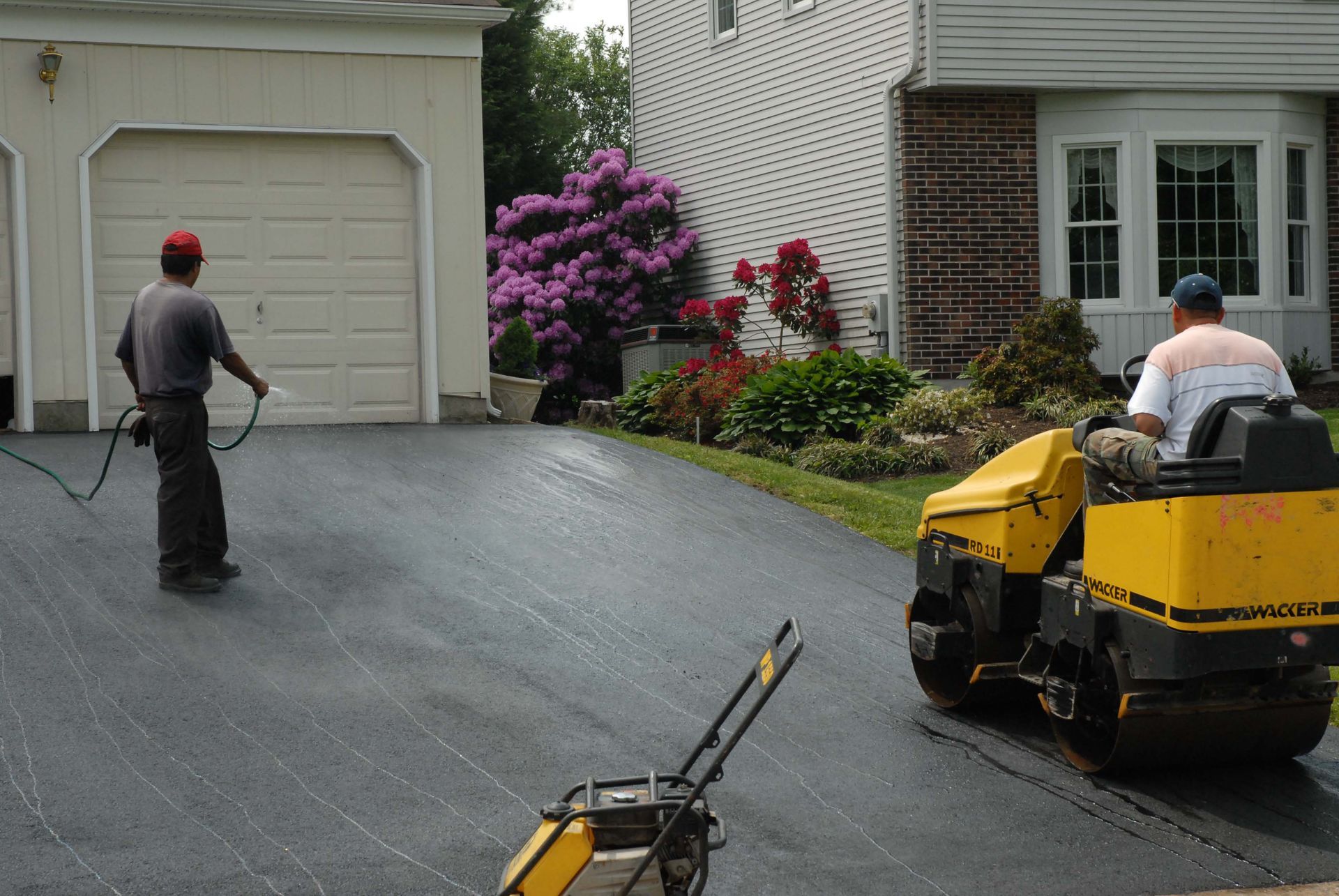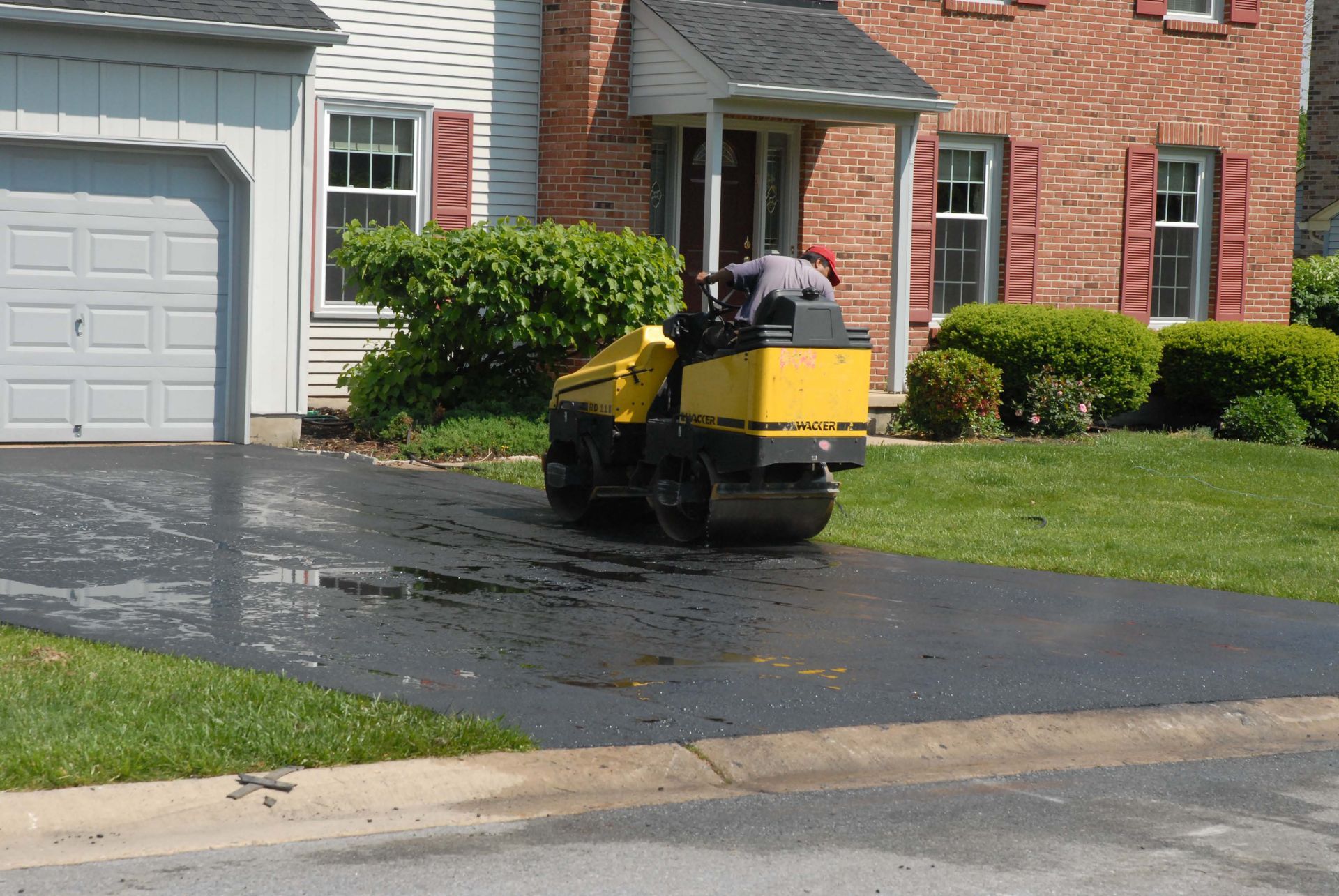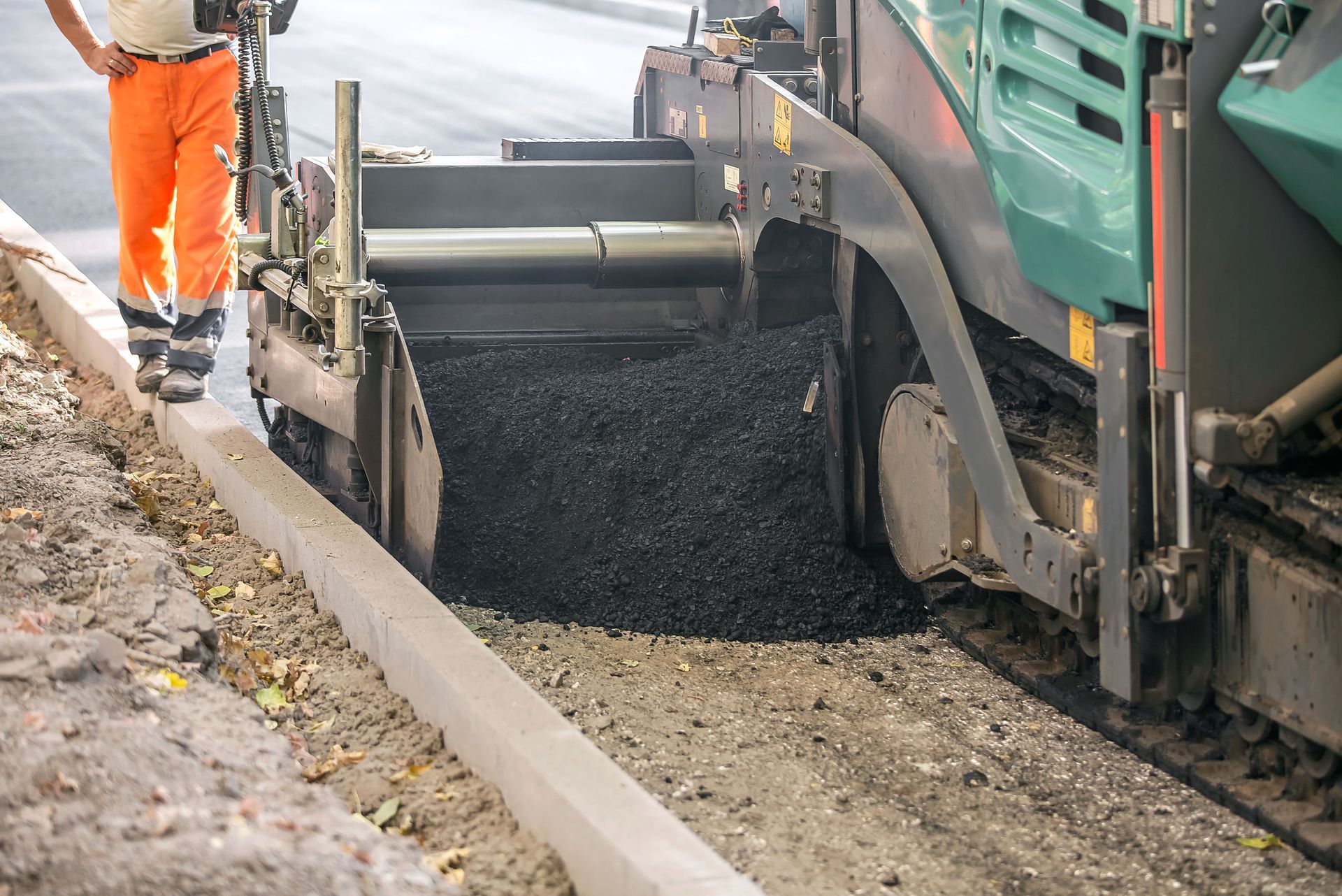What Licenses, Insurance, or Certifications Should a Paving Company Have?
Highlights
- Licensed paving contractors demonstrate knowledge of local and state regulations.
- Proper insurance protects clients and workers from liability during a project.
- Certifications indicate a commitment to industry standards and professional development.
- Advance Paving Co. INC serves Spring Hill, TN with compliant and insured asphalt services.
Understanding What to Look for in a Reliable Paving Contractor
Hiring the right paving contractor is about more than just cost and availability. It’s also about trust and protection. In Spring Hill, TN, choosing a licensed and insured paving company like Advance Paving Co. INC ensures your project is handled professionally and legally. Proper licensing demonstrates that the contractor meets local and state standards. Insurance protects you and the contractor if something goes wrong. Certifications add another layer of reliability, showing that the company stays updated with industry best practices. This blog explains what licenses, insurance, and certifications you should expect from any paving company you hire for lasting results.
Let’s start with licensing. Every legitimate commercial paving company should be licensed according to state or municipal laws. In Tennessee, this typically includes a contractor’s license from the Tennessee Board for Licensing Contractors for projects over $25,000. Additional local permits may also apply, depending on the jurisdiction. Licensing confirms that the company is registered, qualified, and authorized to perform specific scopes of work. It also allows you to look up their track record, complaints, or disciplinary actions. Always ask for proof of licensure and verify it with the appropriate licensing authority before hiring. Working with a licensed contractor helps protect both your finances and the structural integrity of your property.
Licensing requirements vary by state, but they share a common goal: protecting the consumer. Licensed contractors must pass exams, submit proof of financial responsibility, and follow applicable codes and regulations. According to Diamond Contractors, general contractors manage aspects like project planning, materials sourcing, and ensuring construction complies with building codes and regulations. In contrast, unlicensed companies may skip permits or fail to meet basic safety standards, putting your business at risk. When hiring in Spring Hill, TN, be sure to confirm that the paving contractor holds the appropriate state and local licenses. Licensed contractors are also more likely to understand local climate-related challenges, soil conditions, and traffic regulations relevant to asphalt work.
FAQ: Licensing
What happens if I hire an unlicensed paving company?
You may be liable for code violations, fines, or incomplete work that doesn’t meet legal standards.
How can I verify a contractor’s license in Tennessee?
You can check through the Tennessee Department of Commerce and Insurance’s license verification tool.
Does a general contractor’s license cover paving?
Not always. Specific paving or highway classifications may be required depending on the work’s scope and cost.
Next, insurance is a crucial consideration when evaluating paving companies. There are two main types of coverage you should ask about: general liability insurance and workers’ compensation insurance. General liability covers property damage or bodily injury that might occur during the job. Workers’ compensation covers medical expenses and lost wages if an employee gets injured on-site. Without these protections, a client could be held responsible for accidents that occur during the project. Any reputable company like Advance Paving Co. INC in Spring Hill, TN will be happy to provide a Certificate of Insurance (COI) upon request. Having a copy of this certificate in hand also helps facilitate faster approvals from property managers or insurers involved in the project.
Insurance doesn't just protect you—it also reflects a company’s professionalism. According to the U.S. Small Business Administration (SBA), having the right insurance coverage helps protect your business from unexpected costs and demonstrates that you're prepared for risks. They’ve invested in policies that not only meet legal requirements but also protect their clients from financial exposure. Be cautious of any contractor who resists providing proof of insurance. That’s often a red flag that they’re cutting corners or may lack experience. In Spring Hill, TN, a paving project on commercial property should never begin without clear confirmation of coverage. Property owners should also ask whether subcontractors are covered under the same policies to avoid coverage gaps.
Beyond legal protections, insurance also supports smoother project management. If something goes wrong—like a damaged utility line or equipment fire—insurance helps resolve the issue quickly without halting the job. Many municipalities and large commercial clients even require contractors to carry specific coverage minimums before issuing permits or awarding contracts. If you're managing a commercial paving project, confirm that your contractor has liability limits that match or exceed local standards. Don’t assume coverage is adequate based on verbal claims alone—get documentation in writing before any work starts.
FAQ: Insurance
What types of insurance should a paving contractor carry?
At minimum, general liability and workers’ compensation insurance.
What is a Certificate of Insurance (COI)?
It’s a document that proves a company has active insurance coverage and outlines policy limits.
Can I be held liable for injuries on my property during paving?
Yes, if the contractor lacks proper insurance and an accident occurs, liability may fall on the property owner.
Certifications offer yet another layer of trust when choosing a paving contractor. While not always required by law, they demonstrate that a company meets industry standards and has invested in professional development. Common certifications include those from the National Asphalt Pavement Association (NAPA) or the American Public Works Association (APWA). These organizations promote ethical practices, safety training, and quality control in pavement construction. According to the National Asphalt Pavement Association (NAPA), certified contractors follow the most current standards for materials, application methods, and environmental stewardship—critical elements in large-scale commercial paving projects. They also often participate in research initiatives and pilot programs for new paving materials or technologies.
Certifications can also mean the company is qualified to handle specific equipment or processes, such as sealcoating, line striping, or asphalt recycling. Some programs, like OSHA’s 10- or 30-hour training courses, focus on workplace safety, which is a key factor on busy commercial sites. These credentials show that the contractor values quality and accountability, both to clients and their crews. In competitive commercial markets like Spring Hill, TN, having certified professionals on your job site can provide peace of mind that work is done to the highest standard while avoiding costly delays and rework due to preventable errors.
Finally, check whether the contractor is a member of professional organizations or local business chambers. These affiliations often come with codes of conduct and peer accountability. Being part of a trade association may also give the contractor access to continuing education, updates on industry regulations, and better pricing on materials—which ultimately benefits you as the client. Certifications and memberships aren’t just about prestige—they often translate to better workmanship and higher safety standards, especially in long-term commercial projects.
FAQ: Certifications
Are certifications legally required for paving contractors?
Not always, but they can indicate higher quality standards and professionalism.
What are some reputable paving certifications?
NAPA, OSHA, and APWA are all recognized for their industry training and standards.
Does certification affect insurance or warranties?
Sometimes—certified contractors may qualify for better insurance terms or extended material warranties.
Choosing the right commercial paving contractor requires more than a quick price comparison. Licensing, insurance, and certifications are all essential for protecting your property, your business, and your long-term investment. Advance Paving Co. INC in Spring Hill, TN meets and exceeds these standards, offering clients both peace of mind and top-tier results. Don’t hesitate to ask a contractor for documentation—and follow up to verify its validity. A well-credentialed paving company brings skill, safety, and compliance to the job, helping ensure that your asphalt investment stands the test of time. Making informed choices today will help prevent costly mistakes tomorrow.











Share On: